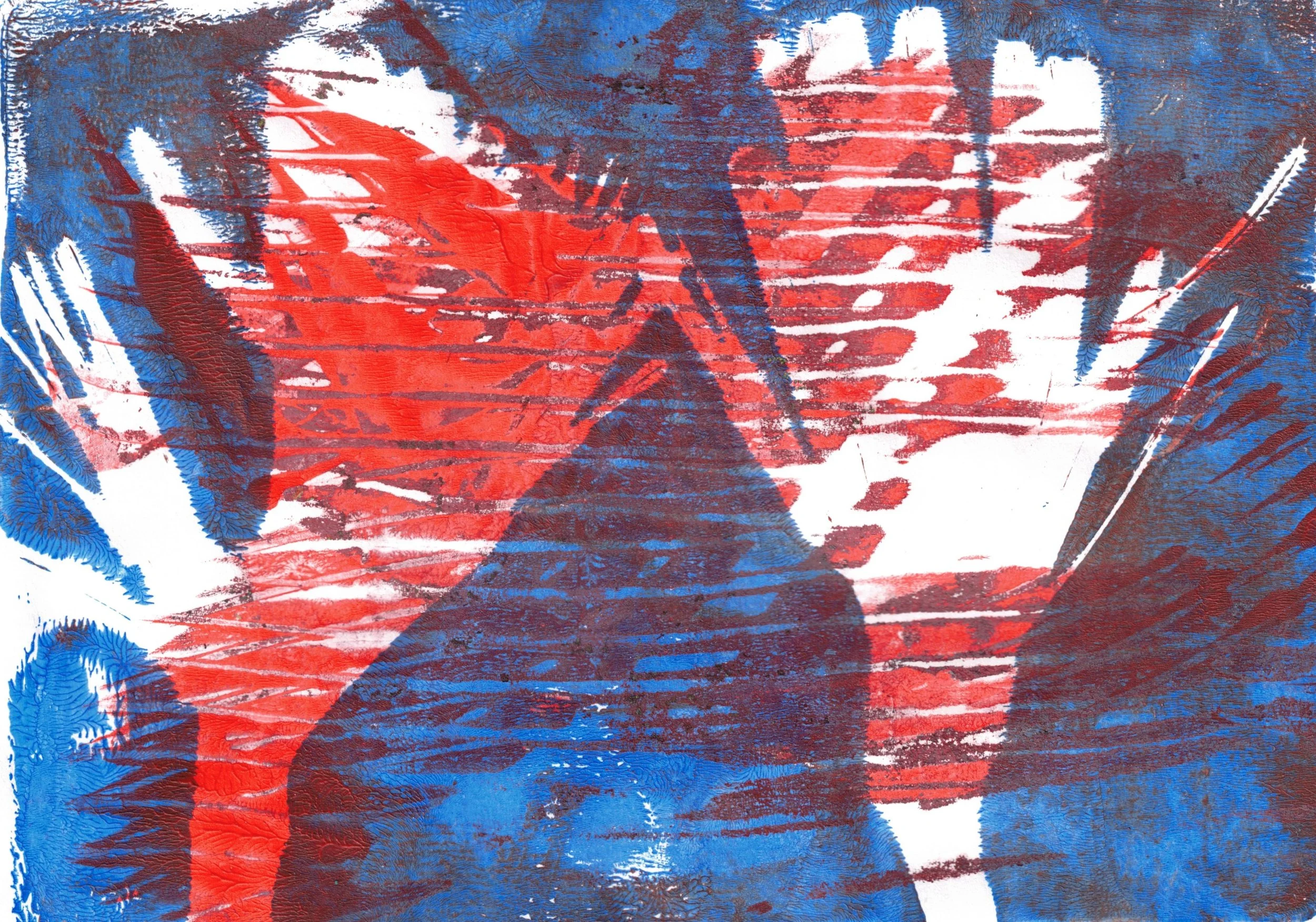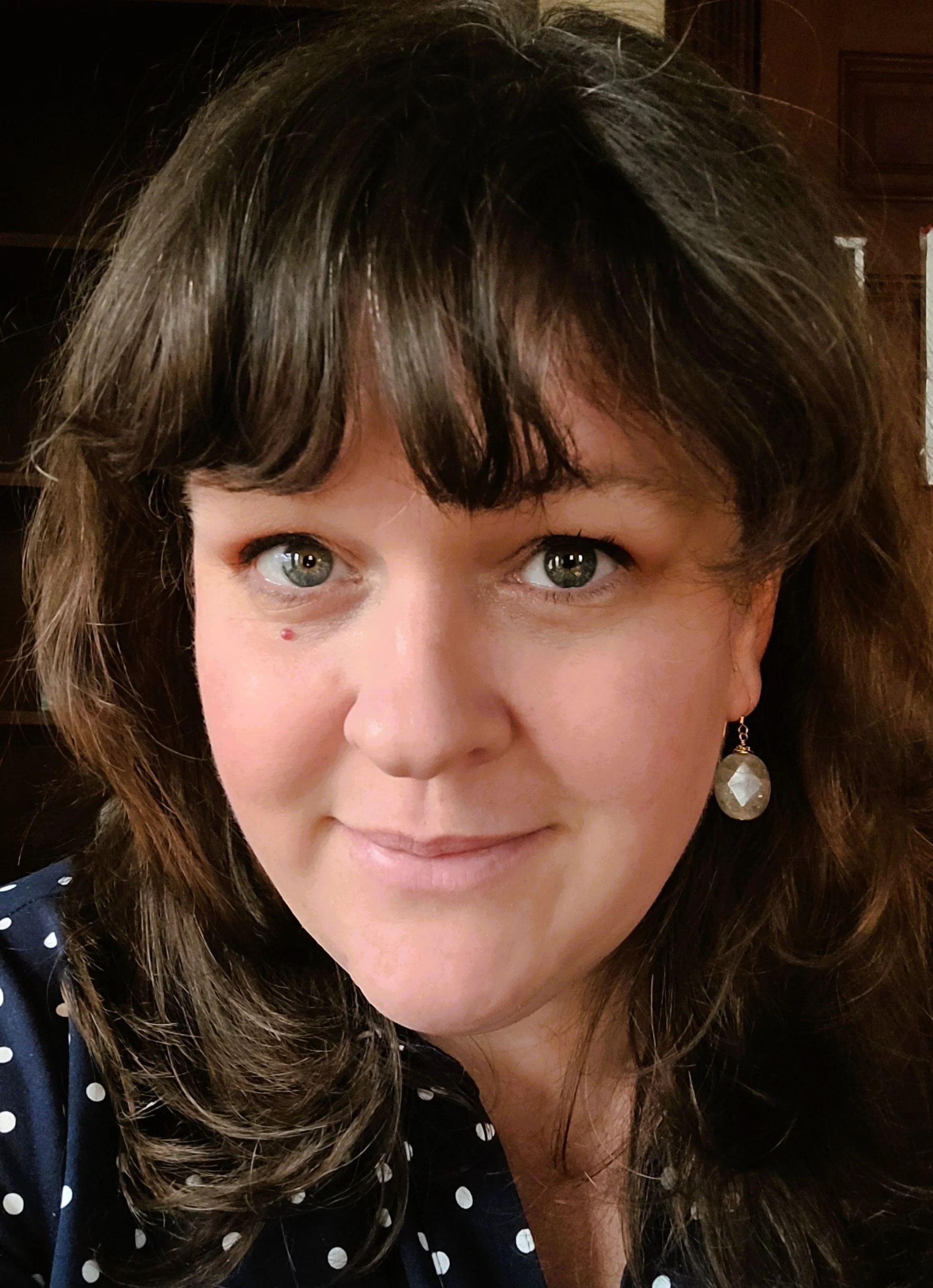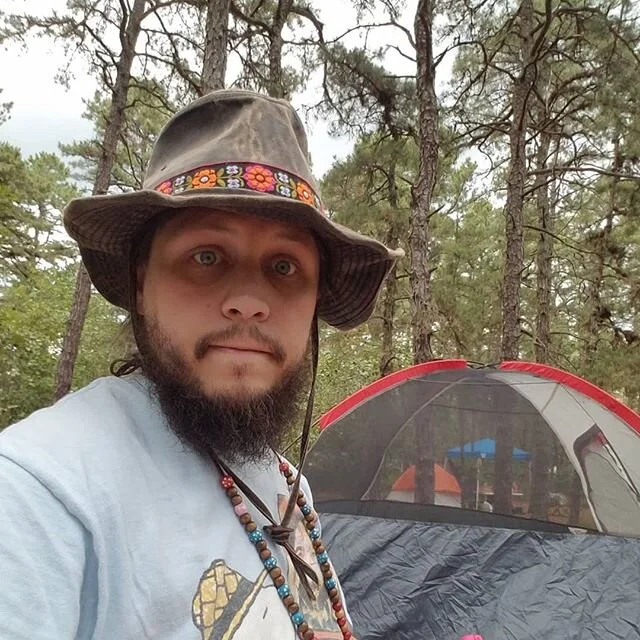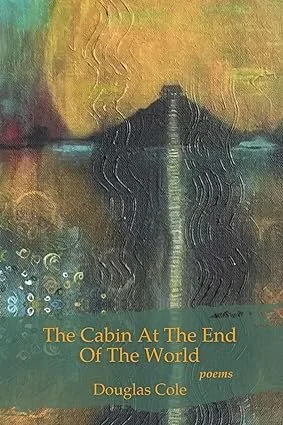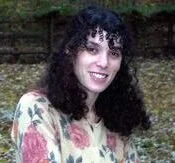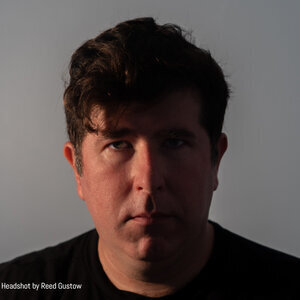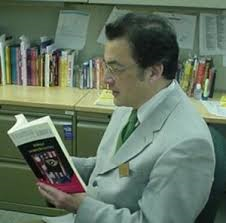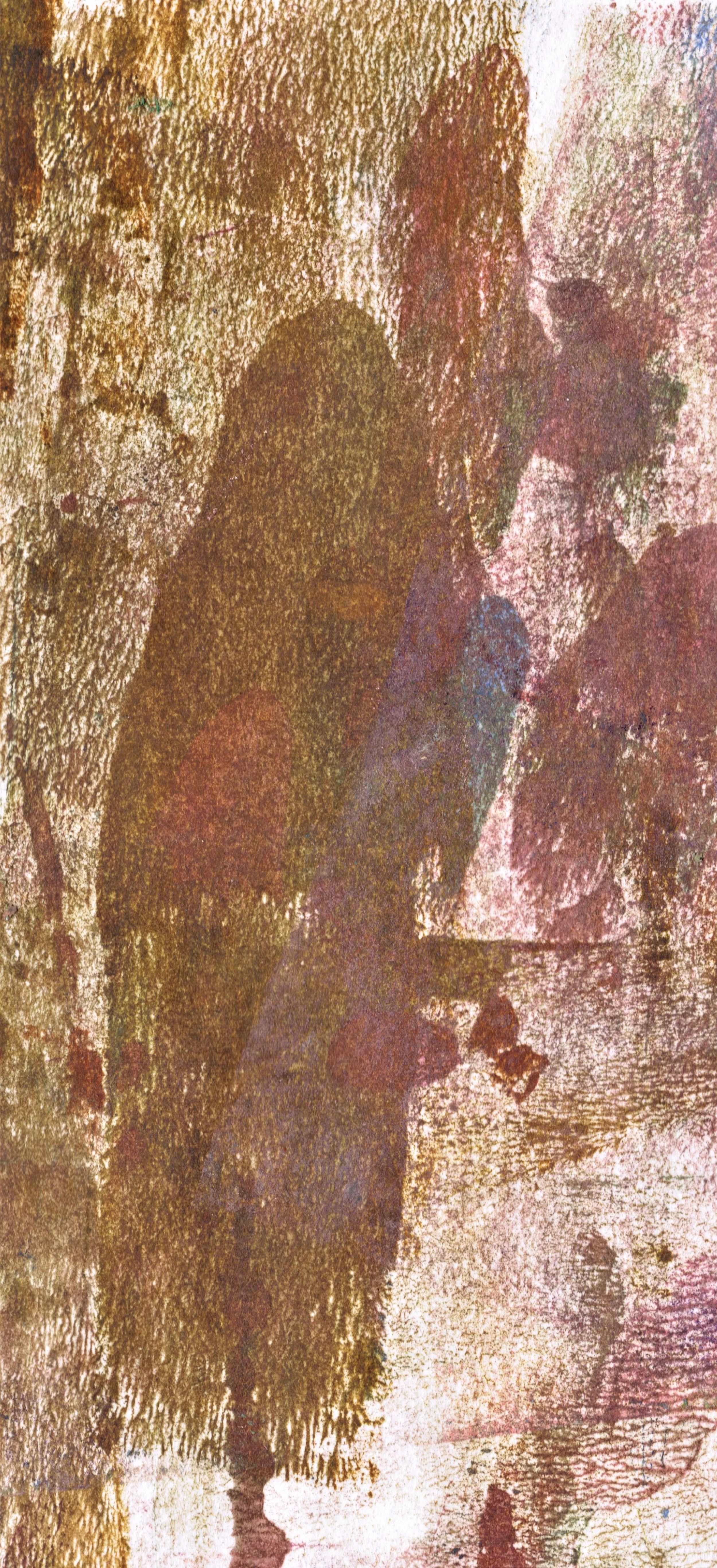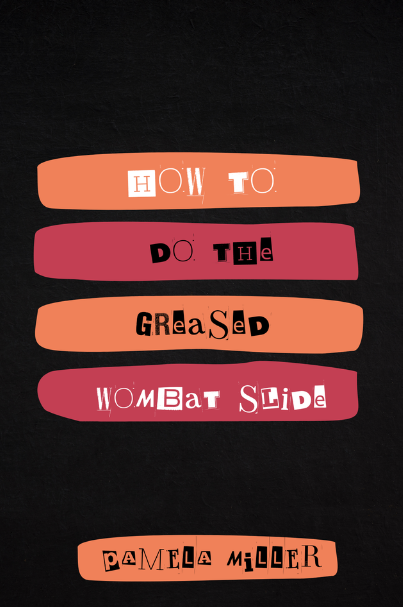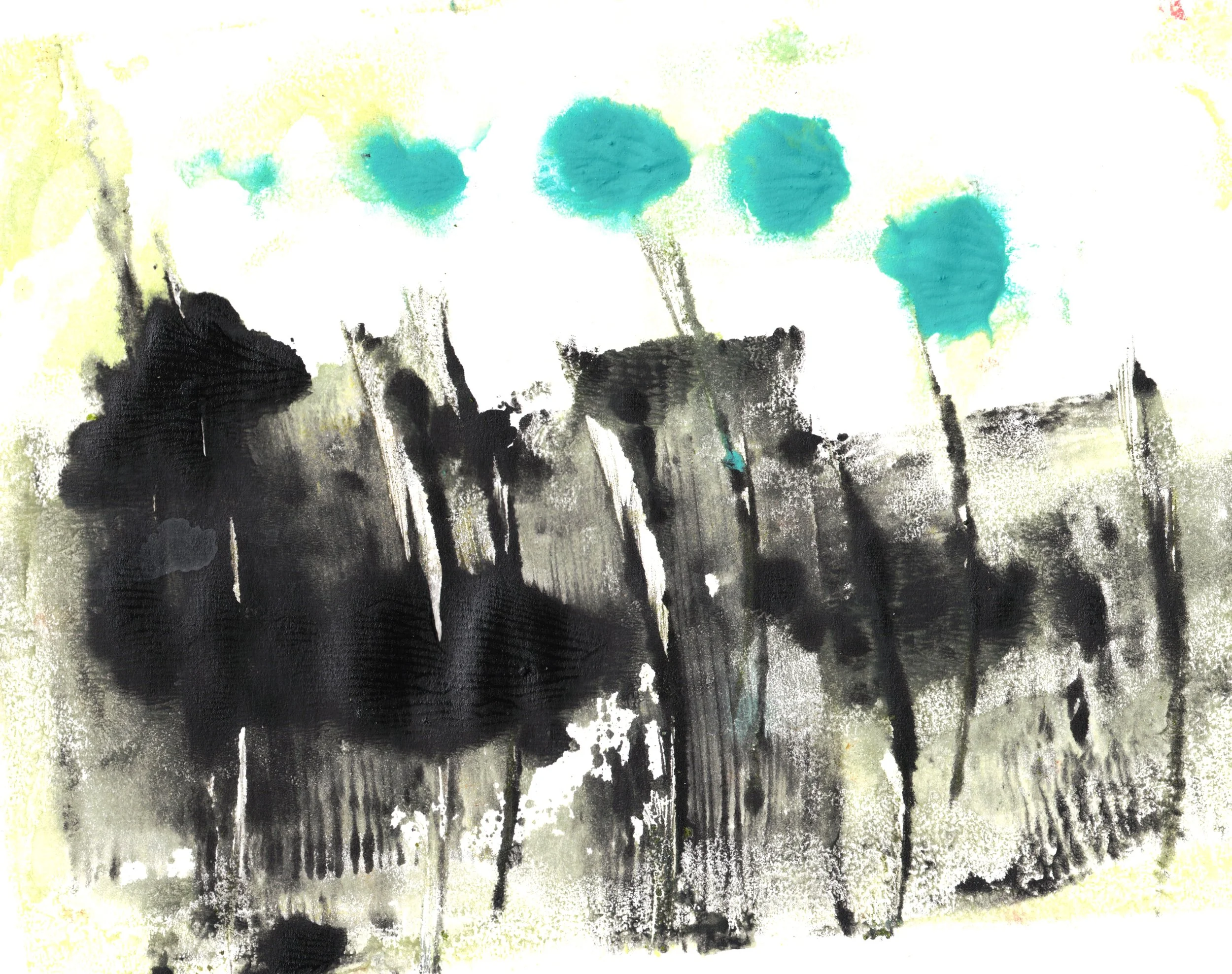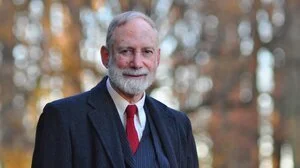I use the word “palimpsest” figuratively. Its dictionary definition is: “A surface in which later writing has been superimposed on effaced earlier writing.” What I see are examples of writings that had influenced John Steinbeck; and what authors Steinbeck, in turn, has influenced. The novel Cannery Row (1945) offers many different genres, which makes this work very rich in literary possibilities.
BEFORE STEINBECK
Let us make up a little story which is typical in ancient Chinese literature: In Ninth Century China lived a poet Wang Chi. His poems were known throughout China, but he was difficult to locate. Between the limestone islets in the Li River of the south and the Great Wall of Beijing in the north he journeyed on his own time in any season. Thus, the people considered him a semi-mystical prophet and healer in addition to a writer of exquisite verse.
Being a broad reader, Steinbeck employs that motif: “The old man stopped and turned. Andy stopped. The deep-brown eyes looked at Andy and the thin corded lips moved. What happened then Andy was never able either to explain or to forget. For the eyes spread out until there was no Chinaman. And then it was one eye—one huge brown eye as big as a church door. Andy looked through the shiny transparent brown door and through it he saw a lonely countryside.” (23)
Being raised in the West, Steinbeck must have been influenced by Western authors. Josh Billings was not as famous as Mark Twain but an entire chapter was given to him: “More recently in Carmel there have been a great number of literary men about, but there is not the old flavor, the old dignity of the true belles-lettres. Once the town was greatly outraged over what the citizens considered a slight to an author. It had to do with the death of Josh Billings, the great humorist.” (71)
We cannot overlook the atmosphere of Twain’s famous “Jumping Frog of Calaveras County” when Steinbeck describes frog-hunting: “Every frog leaped, plopped into the pool, and swam frantically to the bottom. Then into the pool plunged the line of men, stamping, churning, moving in a crazy line up the pool, flinging their feet about. Hysterically the frogs displaced from their placid spots swam ahead of the crazy thrashing feet and the feet came on.” (93)
In addition, Steinbeck must have been influenced by the radio shows of the 1920s and 1930s, especially soap operas like ”Our Gal Sunday” or “Stella Dallas.” In Chapter 8 the Malloys are living in stressed circumstances:
“Mrs. Malloy cried and cried and Sam held her in his arms and comforted her.
‘Men just don’t understand how a woman feels,’ she sobbed. ’Men just never try to put themselves in a woman’s place.’
“ And Sam lay beside her and rubbed her back for a long time before she went to sleep.” (49)
The Talbots (Chapter 24) were also in difficult straits, but the wife Mary has a very different attitude from Mrs. Malloy: “It was a kind of play she enjoyed very much—a kind of satiric game and it covered and concealed from Mary the fact that she didn’t have very nice clothes and the Talbots didn’t have any money. They were pretty near absolute bottom most of the time, and when they really scraped, Mary managed to give some kind of a party.” (152)
An element of Raymond Chandler and Dashiell Hammett also haunts some of Steinbeck’s writing. In the 1920’s detectives were on the move tracing evidence and picking up clues: “ Doc didn’t stop in Salinas for a hamburger. But he stopped in Gonzales, in King City and in Paso Robles. He had a hamburger and beer at Santa Maria—two in Santa Maria because it was a long pull from there to Santa Barbara.” (104)
Ed Ricketts (1897-1948) was a marine biologist whom Steinbeck met in 1931. The author admired Ed very much for his scientific knowledge as well as his fascinating personality and dedicated Cannery Row to him: “For Ed Ricketts, who knows why or should.” The two collaborated on a book, The Sea of Cortez, in 1941. Steinbeck patterned Doc, the major character of Cannery Row, after Ed. His lab had all sorts of sea creatures:
“The lovely animals of the sea, the sponges, tunicates, anemones, the stars and buttle-stars, and sun stars, the bivalves, barnacles, the worms and shells, the fabulous and multiform little brothers, the loving moving flowers of the sea, nudi-branchs and tectibranchs, the spiked and nobbed and needly urchins, the crabs and demi-crabs, the little dragons, the snapping shrimps.” (25)
John and Ed shared the love of these many living things. When Ed died prematurely in a car accident, Steinbeck was devastated.
AFTER STEINBECK
Ray Bradbury (1920-2012) admired Steinbeck from afar, stating the older man’s influence on the younger’s fantasy writing. Among the loosely joined chapters, Steinbeck used many different genres; here is an example of the dark influence on Bradbury:
“From his upper left vest pocket he took an old-fashioned straight-edged razor. He opened it and indicated the child with a gesture of his head. He put a hand among the curls and the baby laughed gleefully and then the man tilted the chin and cut the baby’s throat and the baby went right on laughing.” (137)
Another surreal scene is when Doc finds something while climbing over rocks along the shore:
”A girl’s face looked up at him, a pretty, pale girl with dark hair. Her eyes were open and clear and the face was firm and the hair washed gently about her head. The body was out of sight, caught in the crevice. The lips were slightly parted and the teeth showed and on the face was only comfort and rest.” (109)
John Steinbeck prefigured the Beat poets of the 1950’s too, although he never published a poetry collection. Here from the Introduction is a free verse description of Cannery Row in Monterey in California (I take the liberty of putting this sequence in poetic scansion):
A poem
stink
a grating sound
a quality of light
a tone
a habit
a nostalgia
a dream.
Steinbeck was often self-referential. In Steinbeck’s later novel East of Eden (1952) the wayward mother becomes a prostitute. A major character in Cannery Row is also a prostitute but a very different type:
“Dora who, madam and girl for fifty years, has through the exercise of special gifts of tact and honesty, charity and a certain realism, made herself respected by the intelligent, the learned, and the kind. And by the same token she is hated by the twisted and lascivious sisterhood of married spinsters whose husbands respect the home but don’t like it very much.” (16)
The author wrote a sequel to Cannery Row titled Sweet Thursday (1954), which featured many of the same characters. If that were not enough, he worked with Rodgers and Hammerstein on a musical comedy based on the latter book called Pipe Dreams (1955). This scene could easily be the backdrop for that stage play:
“Early morning is a time of magic in Cannery Row. In the gray time after the light has come and before the sun has risen, the Row seems to hang suspended out of time in a silvery light. The street lights go out, and the weeds are a brilliant green. The corrugated iron of the canneries glows with the pearly lucence of platinum or old pewter.” (85)
John Steinbeck’s final novel was The Winter of Our Discontent (1961) in which the major character runs a hardware store. It seems fitting to conclude this article with a Chinese reference since we began with one. Whereas the shopkeeper just mentioned is a Yankee in Boston, in Cannery Row Lee Chong is in sharp contrast:
“It was small and crowded but within its single room a man could find everything he needed or wanted to live and to be happy—clothes, food, both fresh and canned, liquor, tobacco, fishing equipment, machinery, boats, cordage, caps, pork chops. You could buy at Lee Chong’s a pair of slippers, a silk kimono, a quarter pint of whiskey and a cigar. You could work out combinations to fit almost any mood.” (5)
The dice are loaded before I even finish reading this book. I like it; any negatives are so minor that I do not mention them. My special interest is in style. I am a poet; I am looking for poetic passages in the prose. It is a relative rarity that prose authors can carry it off without resorting to “purple prose.” That is why I praise in print the ones who can and do.

